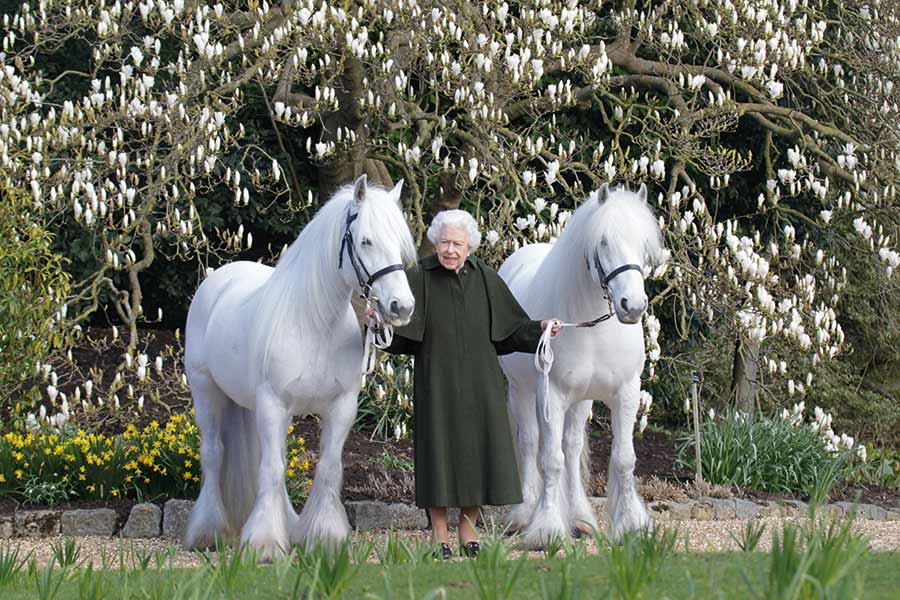Editor’s view: Rural respite aided the Queen’s remarkable reign
 Queen Elizabeth © Henrydallalphotography.com/Getty Images
Queen Elizabeth © Henrydallalphotography.com/Getty Images Many words have already been written, speeches made and television schedules changed in solemn tribute to the outstanding and remarkable life of Queen Elizabeth II.
The pomp, ceremony and scrutiny surrounding her death is the final act in a life lived in the glare of a spotlight she has known since before she became monarch at the age of just 25.
It is little wonder that she held the times of solitude in the countryside in such high esteem, according to some of those who knew her best.
See also: Farmers share their cherished memories of meeting the Queen
Driving alone on rutted roads or hiking across a moor may be a pleasing, but unremarkable occurrence for many readers of Farmers Weekly.
For her, it would have been needed respite from reception lines, the smell of fresh paint and royal correspondents finding meaning in every nod of the head, mouth twitch and gloved gesture.
In his striking parliamentary tribute to Her Majesty, former prime minister Boris Johnson noted that she was “on every unit of currency, every postage stamp, the person in whose name all justice is dispensed in this country”.
“In her name, every law is passed to whom every minister of the Crown swears allegiance and for whom every member of our armed services is pledged, if necessary, to lay down their lives.”
What a heavy burden sat on her shoulders, despite the exalted surroundings.
She was expected to embody British values without enjoying some of the rights that the rest of us enjoy – public freedom of speech on most topics and the right to vote.
Indeed, as Victorian writer Walter Bagehot observed, a constitutional monarch only has three non-ceremonial powers – the right to be consulted, the right to encourage, and the right to warn.
At times in her seven decades of duty it must have been frustrating to have the finest seat on the bridge of the ship of state, but never once being allowed to put a hand on the tiller.
And yet, despite the endless scrutiny into her public and private life and the solemn and overwhelming responsibilities of the role foisted upon her, she succeeded in doing her duty to the end.
She frequently surpassed the enormously high expectations placed upon her by living a life that was a beacon of dignity, service and stoicism – the values for which she will be long remembered.
She strived to represent all segments of the United Kingdom, including the farming community, who paid warm tribute to her this week.
Now in her place we have King Charles III, someone who has been a strong advocate for the rural way of life and sustainable farming.
Farmers Weekly was honoured in 2020 when His Majesty accepted our Lifetime Achievement Award for his sustained contribution to agriculture, the countryside and rural communities.
Watch the then Prince Charles’ acceptance speech.
Speaking at the time on this work, he said: “I have not done any of these things alone.
“Whenever something has been achieved it has been because I try to bring people together to recognise the case for action, and then everyone has worked hard to make things happen.”
While he will likely have to be more cautious in future about airing his opinions, it is to be hoped that his energetic spirit will continue to bring people together to achieve good.
And while the venue in future may often be a palace reception room, I am sure it will also still at times be in a field or a humble cowshed.

